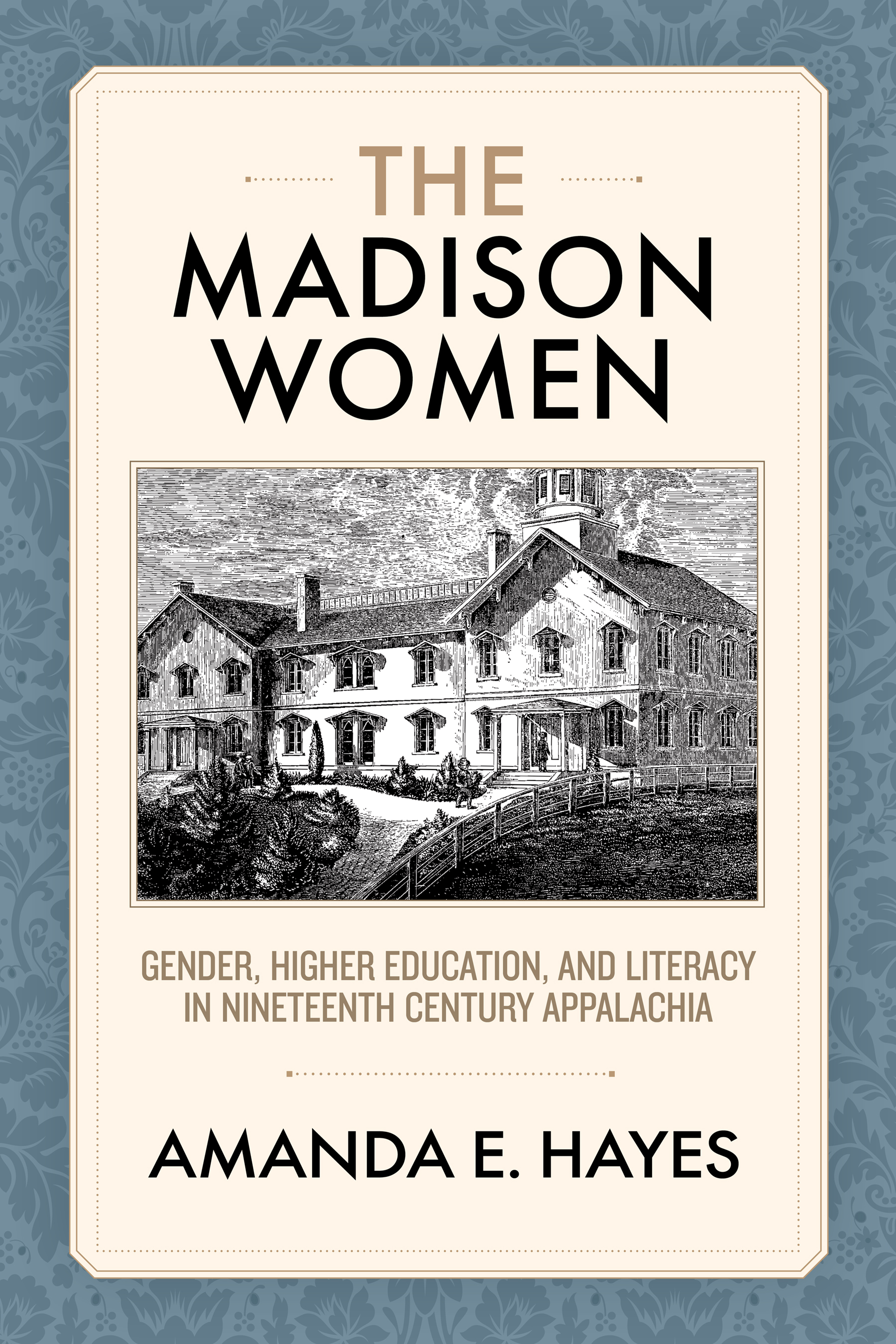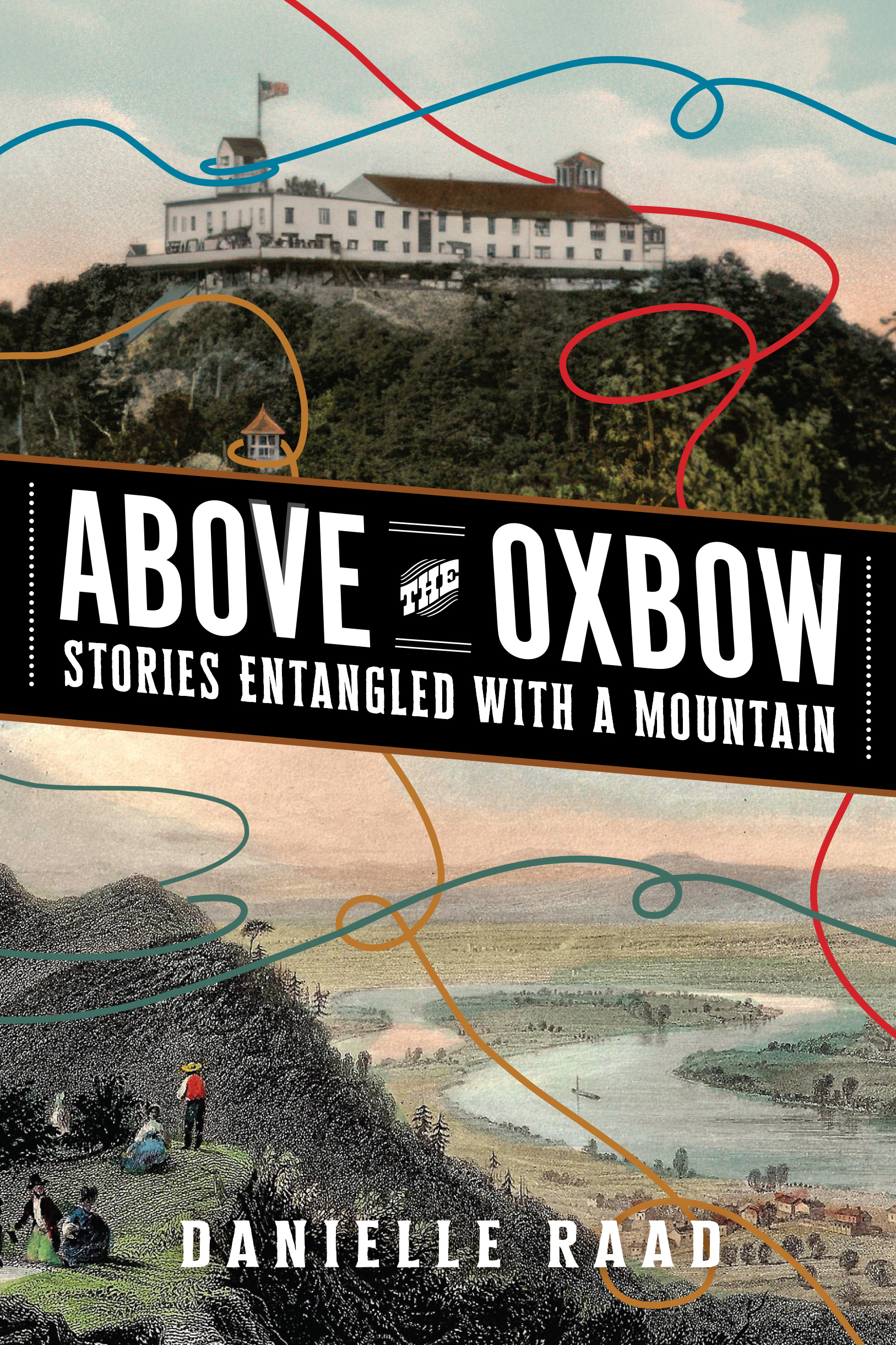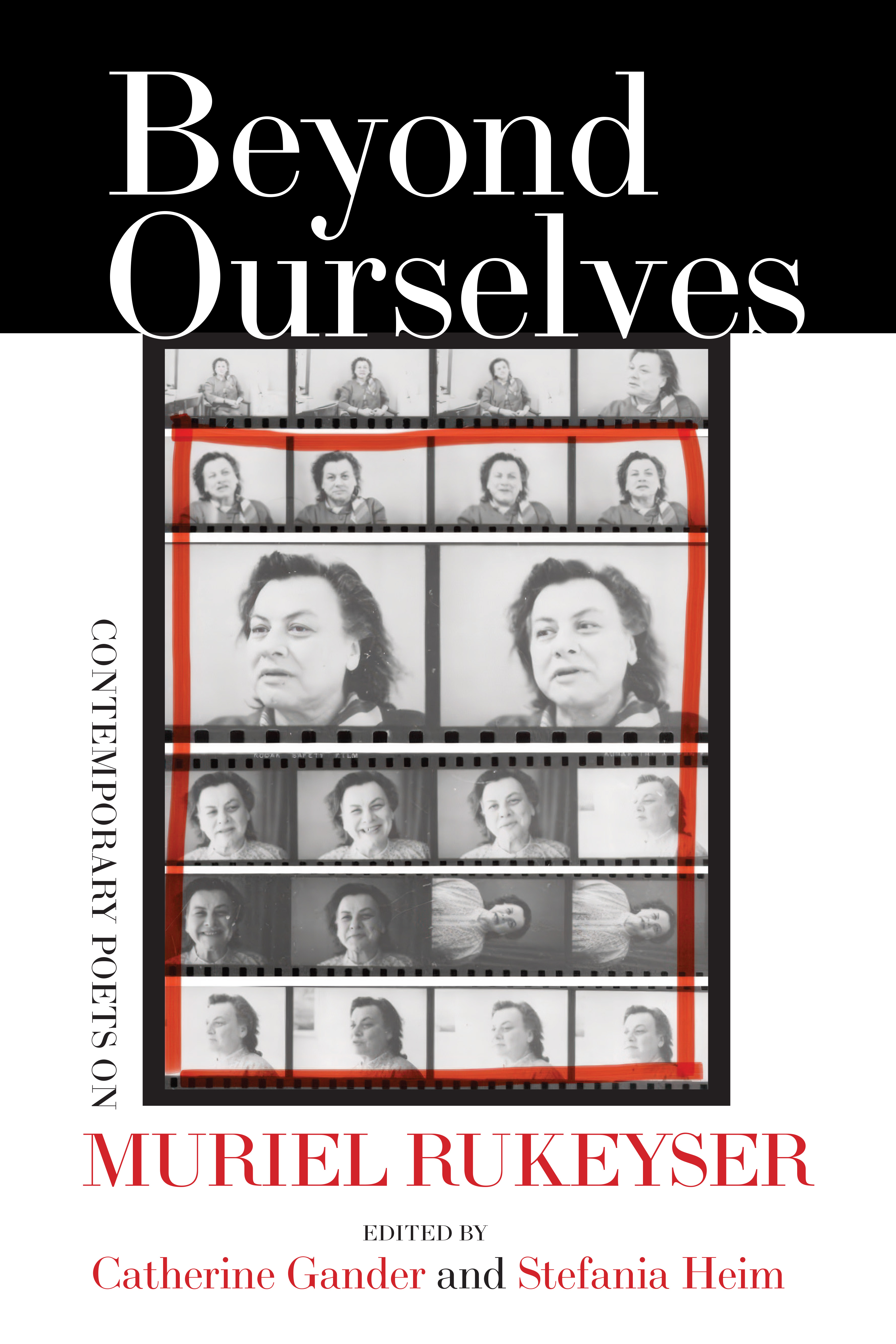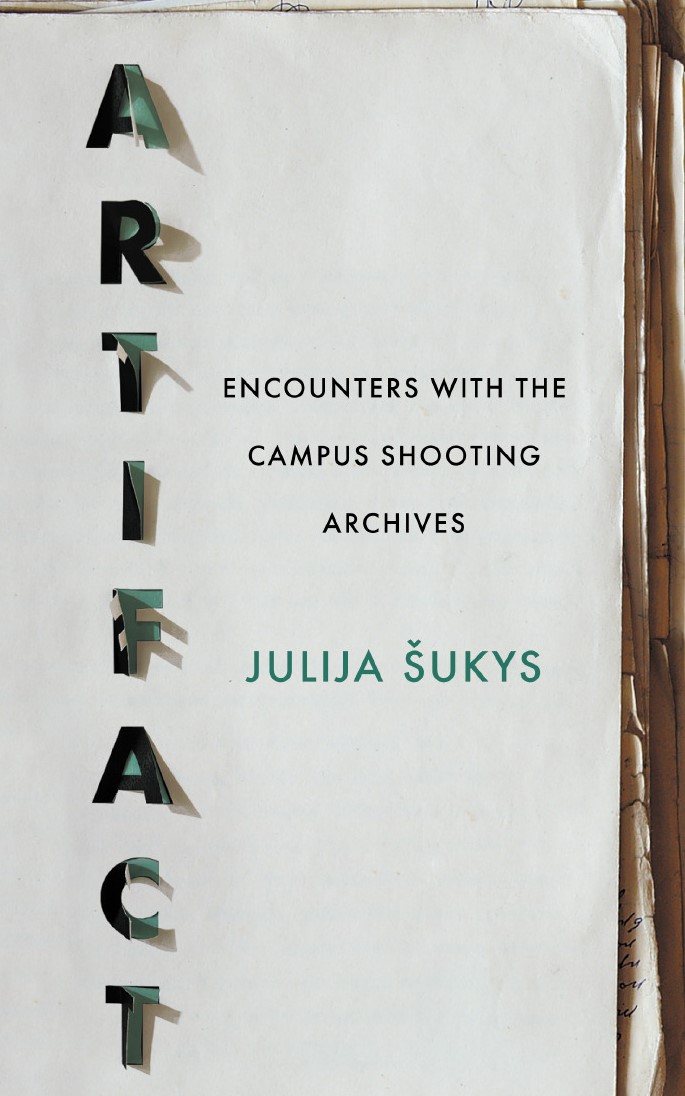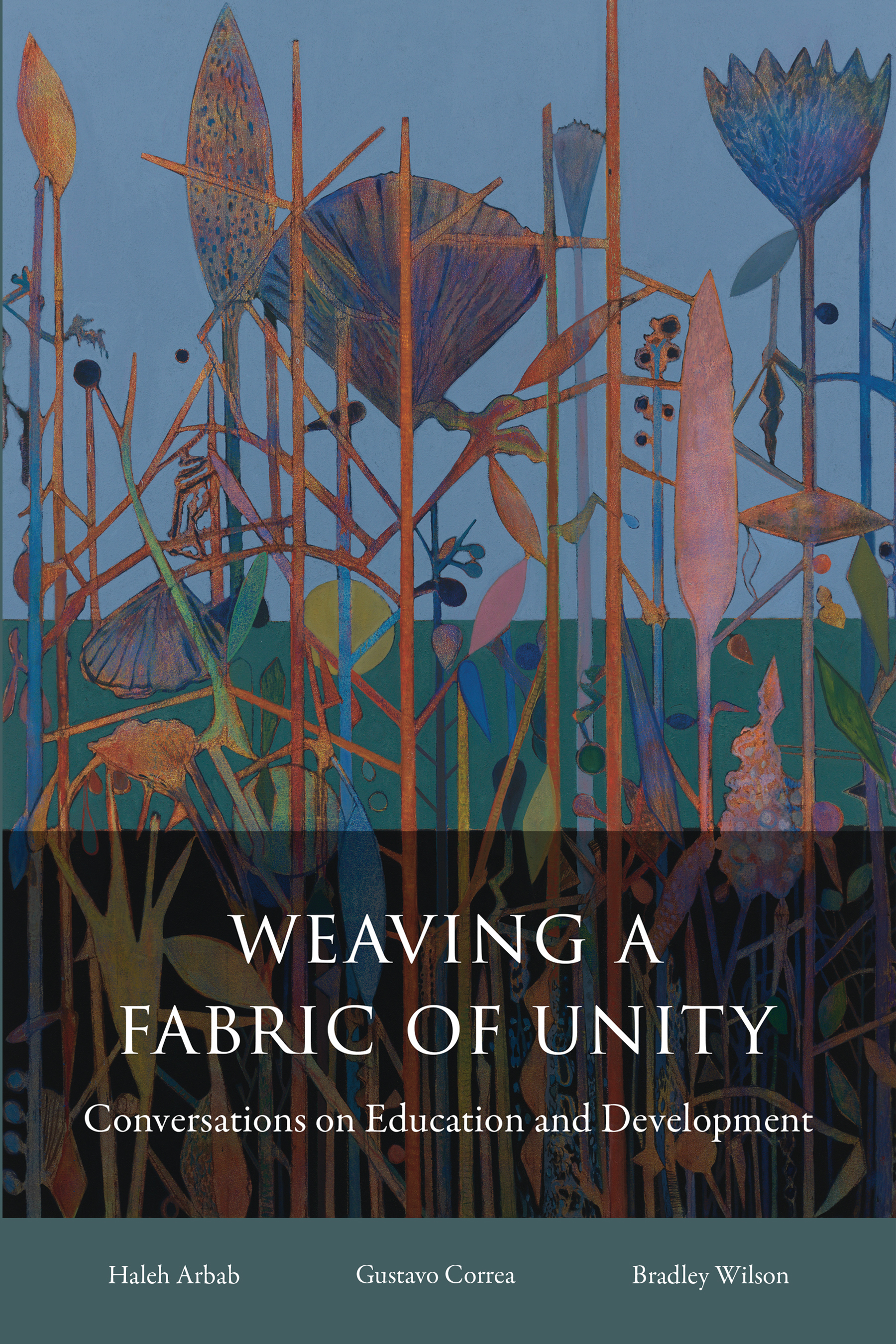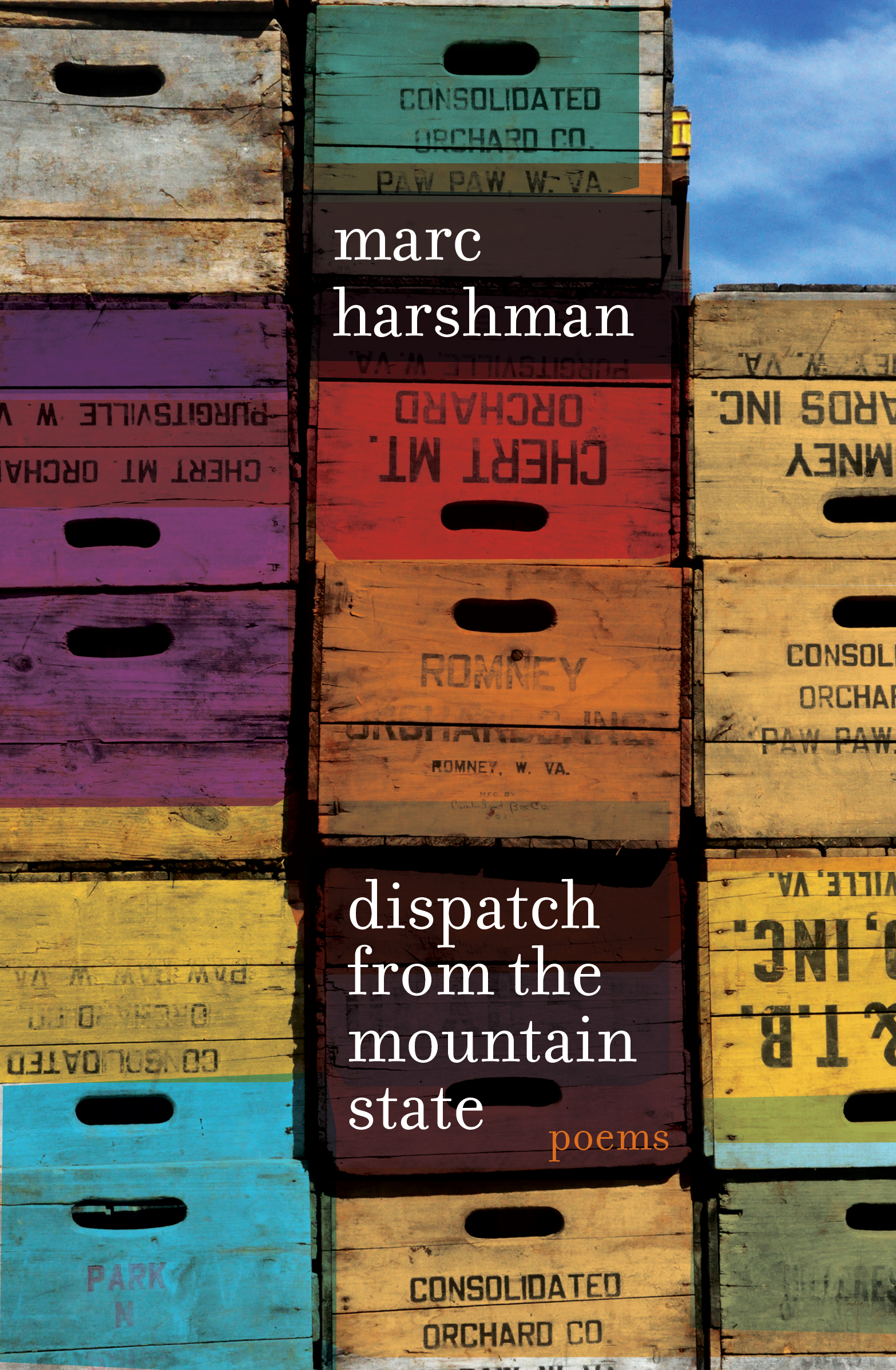The Madison Women
Gender, Higher Education, and Literacy in Nineteenth-Century Appalachia
Summary
By uncovering how higher education and gender roles evolved in Appalachia over time, The Madison Women delivers a history that contradicts the stereotype of the region as hostile to education, highlighting colleges that proliferated the area in the nineteenth century. Indeed, many of these colleges were either coeducational or even specifically for women, ultimately contradicting another stereotype--that Appalachia is a region particularly hostile toward women.
Incorporating captivating mini-biographies of women who attended Madison College and who went on to change their communities in ways large and small, this book reveals how the lives of its students impart lessons about history and regional culture, and how we can shape the Appalachia's future.
Contents
Acknowledgments
Introduction
1. Place, Culture, and Imagination: A Discussion of Methods
Small Stories, Part 1: Sarah McKittrick, Eliza Carpenter, Martha Lindsay
2. The Advantages of Education: A History of Madison College
Small Stories, Part 2: Elma Brashear, Austa Porter, M. Kate Wiser, Mary Smith, Mary Stockdale
3. Divided Arguments: Rhetorical Instruction at Madison College
Small Stories, Part 3: Sarah and Lizzie Jamison, Violet Scott, Amelia Matthews, Sue Craig
4. Madison College and Women’s Education: Acceptance and Resistance
Small Stories, Part 4: Cordelia Downard, Bell Coulter, Mollie and Elma Gaston
5. Higher Ideals: The Madison Women and Social Action
Small Stories, Part 5: Maggie Hyatt, Kate Green, Lizzie Smith, Nancy Wallace, Mary Lawrence
6. The Future is the Past: Formal Education and Appalachian History
Small Stories, Part 6: Sarah Morrison, Emma Campbell
7. What Was Lost, What Remains: Madison College’s Sister Schools
Small Stories, Part 7: Jennie Moore and Eliza Ralston, Sarah Owens Longsworth, Lizzie Moss
Conclusion: Why Does it Matter?
Endnotes
Bibliography
Index
Author
Amanda E. Hayes teaches English and composition at Kent State University-Tuscarawas. Raised on her family’s farm in Appalachian Ohio, she now researches and writes about regional traditions of writing, storytelling, and education. Her first book, The Politics of Appalachian Rhetoric, won the Nancy Dasher Award in 2019.
Reviews
“This book stands beside Samantha NeCamp’s in the work it does to rehabilitate the false stereotype of early Appalachia as anti-education and is a true recovery project, letting us hear lives and voices otherwise silenced.”
–Kim Donehower, coeditor of Rereading Appalachia: Literacy, Place, and Cultural Resistance
“A mastery of weaving personal and archival research to resurrect a critical time in education in Appalachia. The research . . . lends itself to creating more avenues for study in women’s literacy, learning, and lives in Appalachia.”
–Travis A. Rountree, author of Hillsville Remembered: Public Memory, Historical Silence, and Appalachia’s Most Notorious Shoot-Out


